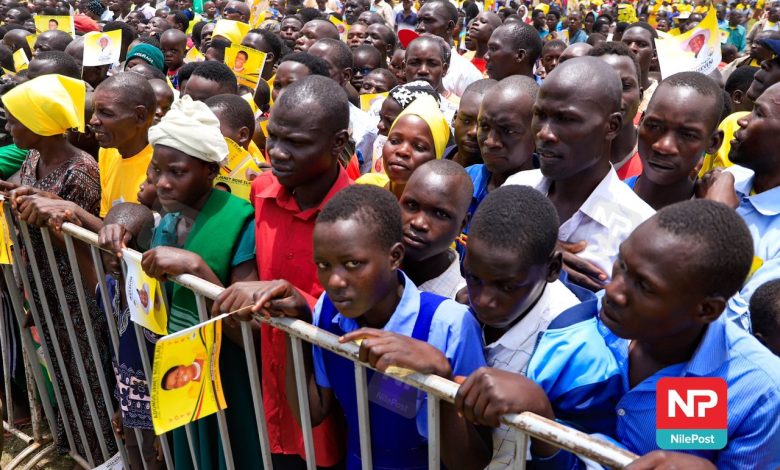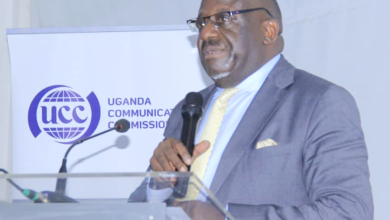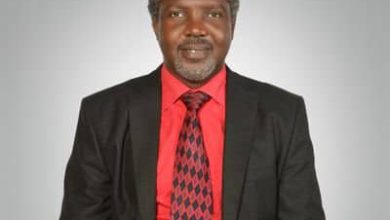
As Kisoro District intensifies with political campaigns ahead of Thursday’s by-election, prominent Ugandan leaders are voicing concerns about the impact of high-profile endorsements on voter decisions.
With figures like NUP’s Robert Kyagulanyi, UPC’s Jimmy Akena, and President Museveni actively supporting candidates, some political voices argue this high-level campaigning could cloud voter judgment.
Kira Municipality MP Ibrahim Ssemujju Nganda is especially outspoken on the issue, expressing frustration over MPs who, in his words, “collect a salary and go home” without representing their constituencies.
“We are tired of voters sending us spectators in parliament,” he says, pointing to representatives who lack active engagement.
Similarly, Francis Mwijukye of Buhweju is urging voters to move beyond party symbols.
“Voters need to stop just voting for a key or a bus,” he says.
“Who’s in the bus or holding the key should matter.” Mwijukye believes this symbolic voting habit often leads to the election of MPs who lack the capability to serve effectively.
Reflecting on the past, Ssemujju recalls a time when leaders like Museveni, Mutebile, and Kategaya were carefully selected and developed through structured leadership paths, such as youth councils.
He believes this process produced leaders with greater competence, adding,
“That’s why [Museveni] has played us for 40 years,” contrasting it with the lack of similarly prepared MPs today.
The presence of party heavyweights, combined with the increasingly commercialized nature of Ugandan politics, makes genuine representation challenging.
High-profile campaigners can often overshadow well-qualified candidates, drawing voters to party symbols rather than to individual competence.
In response, Mwijukye believes change is possible but insists it requires voters to start rejecting unqualified candidates.
“The voters should shun such candidates,” he says, adding that this would push political parties to prioritize capable leaders over symbolic figures.
As election day nears, calls for change resonate. Ssemujju and Mwijukye both emphasize that Uganda’s voters must shift their approach and elect candidates committed to their communities.
Only then, they argue, can Uganda’s parliament genuinely reflect the people’s needs and aspirations.




